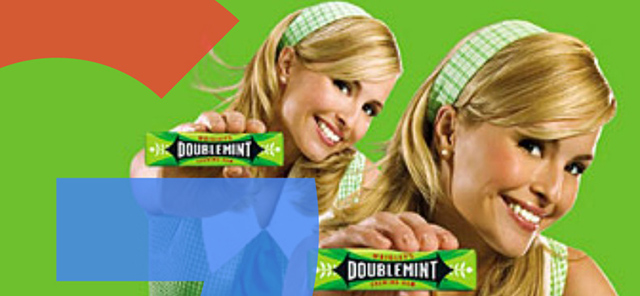

There may be an fascinating response from John Mueller of Google on what to do with URLs that will seem duplicated due to URL parameters, like UTMs, on the finish of the URLs. John stated undoubtedly do not 404 these URLs, which I believe nobody would argue with. However he additionally stated you need to use the rel=canonical as a result of that was what it was made for. The kicker is he stated it in all probability does not matter both approach for Web optimization.
Now, I needed to learn John’s response a few instances on Reddit and possibly I’m decoding the final half incorrectly, so assist me out right here.
Right here is the query:
Good day! New to the neighborhood however have been in Web optimization for ~5 years. Began a brand new job as the only real Web optimization supervisor and am fascinated by crawl funds. There are ~20k crawled not listed URLs in comparison with the 2k which are crawled and listed – this isn’t on account of error, however as a result of excessive variety of UTM/marketing campaign particular URLs and (deliberately) 404’d pages.
I hoped to steadiness out this crawl funds a bit and eradicating the UTM/marketing campaign URLs from being crawled by way of robots.txt and by turning a number of the 404s into 410s (would additionally assist with general web site well being).
Can somebody assist me determine if this could possibly be a good suggestion/might doubtlessly trigger hurt?
John’s 404 response:
Pages that do not exist ought to return 404. You do not acquire something Web optimization-wise for making them 410. The one motive I’ve heard that I can observe is that it makes it simpler to acknowledge unintentional 404s vs identified eliminated pages as 410s. (IMO in case your necessary pages by chance grow to be 404s, you’d in all probability discover that shortly whatever the end result code)
John’s canonical response:
For UTM parameters I’d simply set the rel-canonical and go away them alone. The rel canonical will not make all of them disappear (nor would robots.txt), nevertheless it’s the cleaner method than blocking (it is what the rel canonical was made for, primarily).
Okay, to this point, don’t use 404s on this state of affairs however do use rel=canonical – obtained it.
John then defined Web optimization sensible, it in all probability does not matter?
For each of those, I believe you would not see any seen change in your web site in search (sorry, tech-Web optimization aficionados). The rel-canonical on UTM URLs is definitely a cleaner resolution than letting them accumulate & bubble out on their very own. Fixing that early means you will not get 10 generations of SEOs who inform you of the “duplicate content material downside” (which is not a difficulty there anyway if they don’t seem to be getting listed; and after they do get listed, they get dropped as duplicates anyway), so I suppose it is a good funding in your future use of time 🙂
So Google will doubtless deal with the duplicate URLs, the UTM parameters anyway, even when they do index them. However to make Web optimization consultants blissful, use the rel=canonical? Is that what he’s saying right here? I do like that response, if that’s his message – however possibly I obtained it incorrect?
Discussion board dialogue at Reddit.